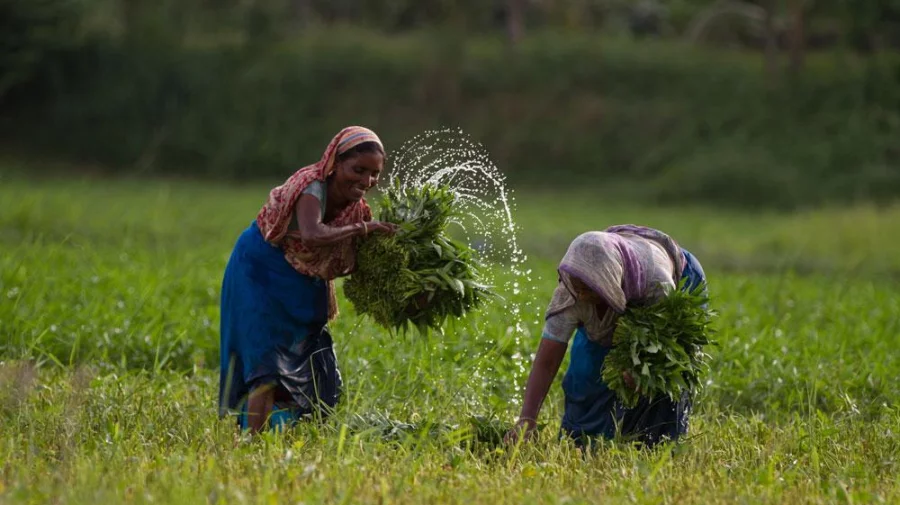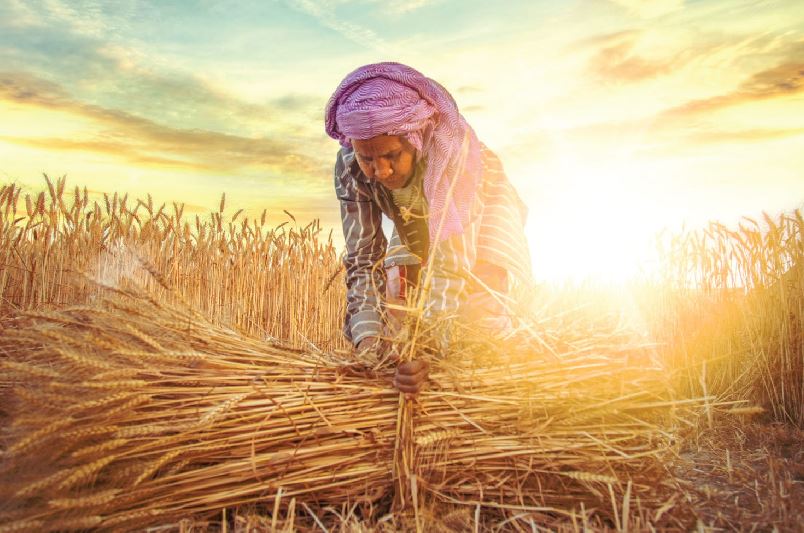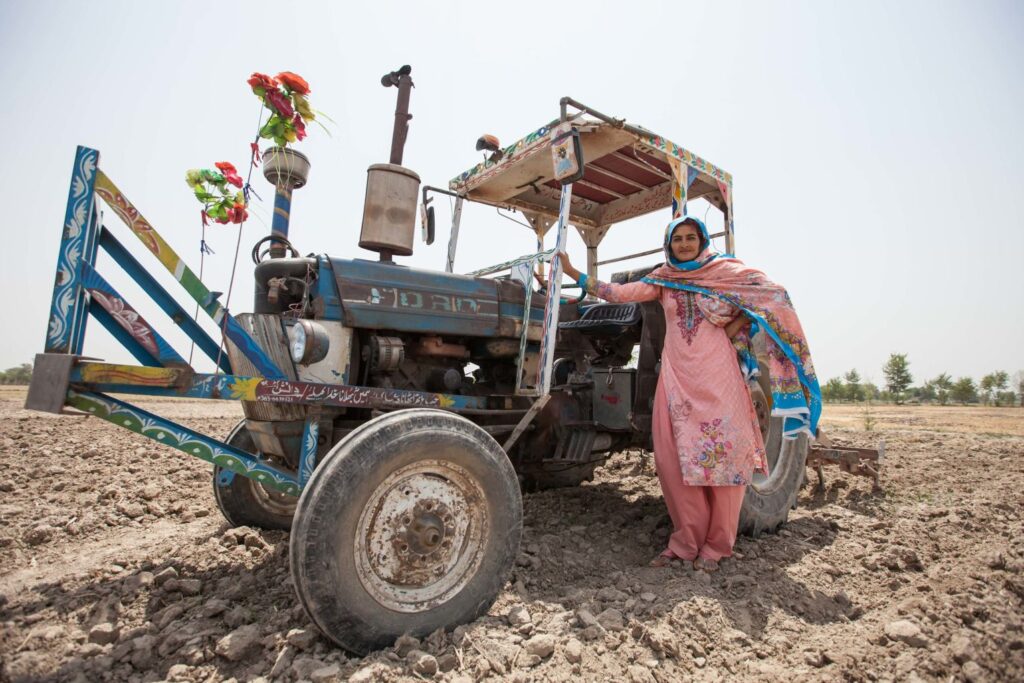
The Unique Challenges Faced by Women in Pakistan’s Agriculture Sector
Introduction:
The agriculture sector in Pakistan plays a pivotal role in the country’s economy, and women make up a significant portion of the agricultural workforce. However, women in this sector face various challenges, including limited access to resources, gender discrimination, and a lack of recognition for their contributions. In this article, we will explore the unique subject of women’s role in Pakistan’s agriculture sector and the importance of protecting their human rights through organizations like the Human Rights Welfare Society Pakistan. Additionally, we will examine how climate-smart agricultural practices can enhance agricultural resilience and improve food security in the country.
1-Gender Equality and Women’s Empowerment in Pakistani Agriculture
Gender inequality is prevalent in Pakistan’s agriculture sector, with women often facing discrimination regarding access to resources, decision-making power, and income opportunities. However, empowering women in agriculture is crucial for sustainable development and poverty reduction. Organizations such as the Human Rights Welfare Society Pakistan play a vital role in advocating for gender equality and championing women’s rights in the agricultural sector.
2-The Role of the Human Rights Welfare Society Pakistan in Promoting Women’s Rights
The Human Rights Welfare Society Pakistan is a non-profit organization dedicated to promoting and protecting human rights in various sectors, including agriculture. Recognizing the unique challenges faced by women in agriculture, the organization works towards achieving gender equality, advocating for women’s rights, and empowering women farmers. Their efforts include supporting women’s access to resources, providing training and education, and promoting opportunities for leadership and decision-making.

3: Climate Change and its Impacts on Pakistani Agriculture
Climate change poses a significant threat to Pakistan’s agriculture sector, impacting crop yields, water availability, and overall food security. Rising temperatures, erratic rainfall patterns, and increased natural disasters disrupt agricultural practices and livelihoods. Implementing climate-smart agricultural practices is crucial to mitigate these effects and build agricultural resilience.
4: Climate-Smart Agricultural Practices for Ensuring Food Security
Promoting climate-smart agricultural practices is vital for enhancing agricultural resilience and ensuring food security in Pakistan. Sustainable farming techniques such as organic farming, integrated pest management, and efficient irrigation systems contribute to reducing the negative environmental impacts of agriculture. Diversifying crops and adopting agroforestry practices also enhance resistance to climate change-induced challenges.
5: The Role of Women in Climate-Smart Agriculture
Women play a fundamental role in climate-smart agriculture in Pakistan. They contribute their knowledge and skills in sustainable farming techniques, water management, and crop diversification. However, the challenges faced by women hinder their effective participation and decision-making in implementing climate-smart practices. The Human Rights Welfare Society Pakistan works to address these challenges and ensure that women have equal opportunities to contribute to climate-smart agriculture.
6 Ensuring Women’s Access to Resources and Services
Access to resources and services is crucial for women to actively participate in climate-smart agriculture. The Human Rights Welfare Society Pakistan advocates for policies that promote women’s rights to land ownership, credit, and extension services. Enhancing women’s access to resources and services empowers them to adopt climate-smart agricultural practices effectively.
7: Addressing Gender Discrimination and Violence in Agriculture
Gender discrimination and violence are prevalent in Pakistan’s agriculture sector, limiting women’s ability to fully contribute and benefit from climate-smart practices. The Human Rights Welfare Society Pakistan works to eliminate gender-based discrimination and violence, advocating for safe working environments, equal opportunities, and promoting inclusion and respect for women in the agricultural workforce.

7: Education and Training for Women in Agriculture
Education and training are essential for empowering women in agriculture. The Human Rights Welfare Society Pakistan supports initiatives that provide women with technical knowledge, skills development, and leadership training in climate-smart agricultural practices. By investing in women’s education and training, we enable them to become key drivers of sustainable development in the agriculture sector.
8: Partnerships and Collaborations for Women’s Empowerment in Agriculture
Partnerships and collaborations among government agencies, non-governmental organizations, and private sectors are crucial for empowering women in agriculture. The Human Rights Welfare Society Pakistan facilitates partnerships to advocate for gender-sensitive policies, secure funding for women’s agricultural initiatives, and promote innovative solutions to address the unique challenges faced by women in the sector.
Conclusion:
Women’s unique subject and role in Pakistan’s agriculture sector are essential for achieving sustainable development and food security. Organizations like the Human Rights Welfare Society Pakistan play a vital role in promoting gender equality, advocating for women’s rights, and empowering women farmers. By implementing climate-smart agricultural practices and addressing the challenges faced by women, Pakistan can enhance agricultural resilience, mitigate climate change impacts, and ensure a prosperous future for its agricultural sector.
All Categories
- Agricultural Methods
- Agriculture and Women Small Farmers Rights Awareness
- Climate Change
- Disable and Human Rights
- Disable Jobs
- Donation
- Education
- Health Issues
- Organic Foods
- Organic Vegetables
- Orphans Children
- Plastic production and disposal
- Services
- Sinking in Scarcity
- Success Stories
- Uncategorized
- Waste Management
- Women Rights
- Youth Empowerment




